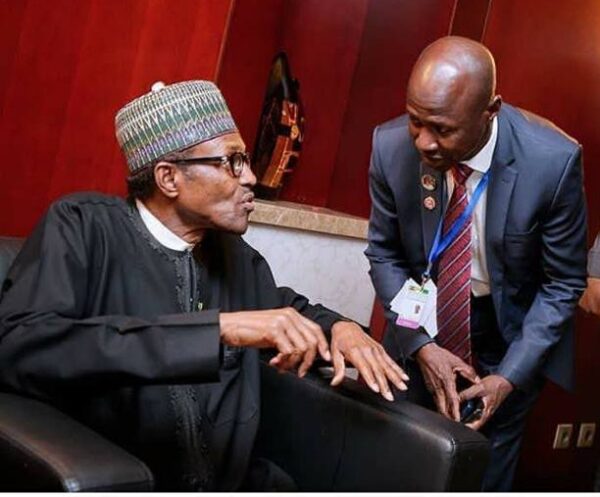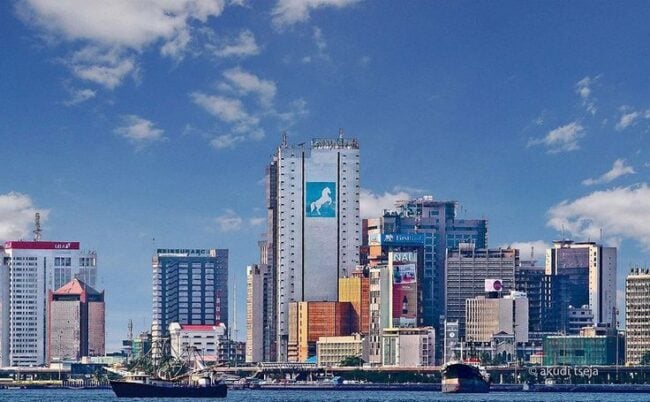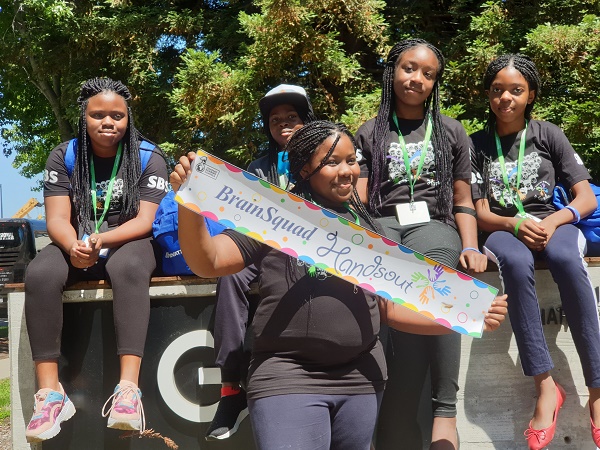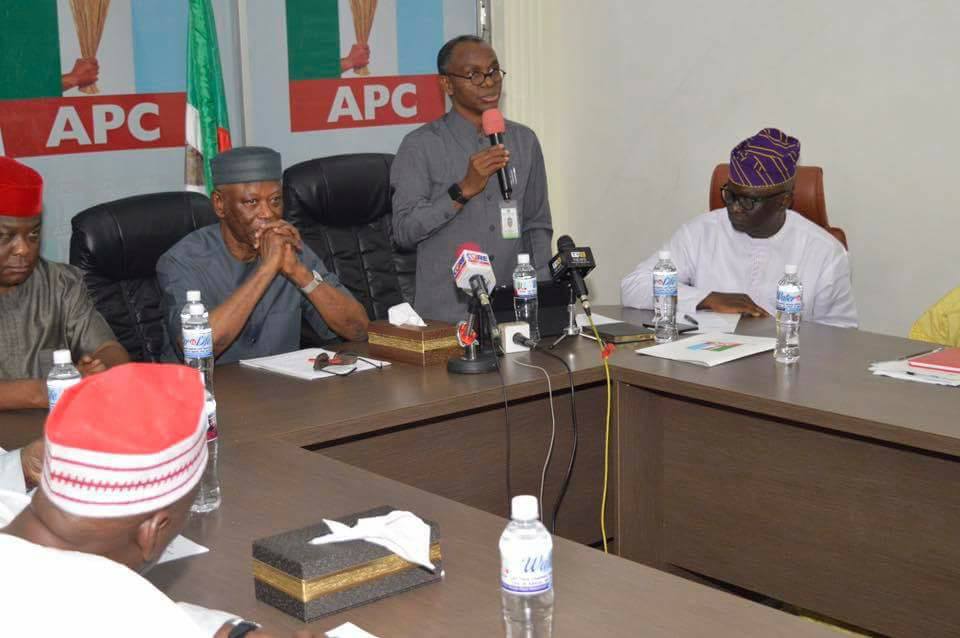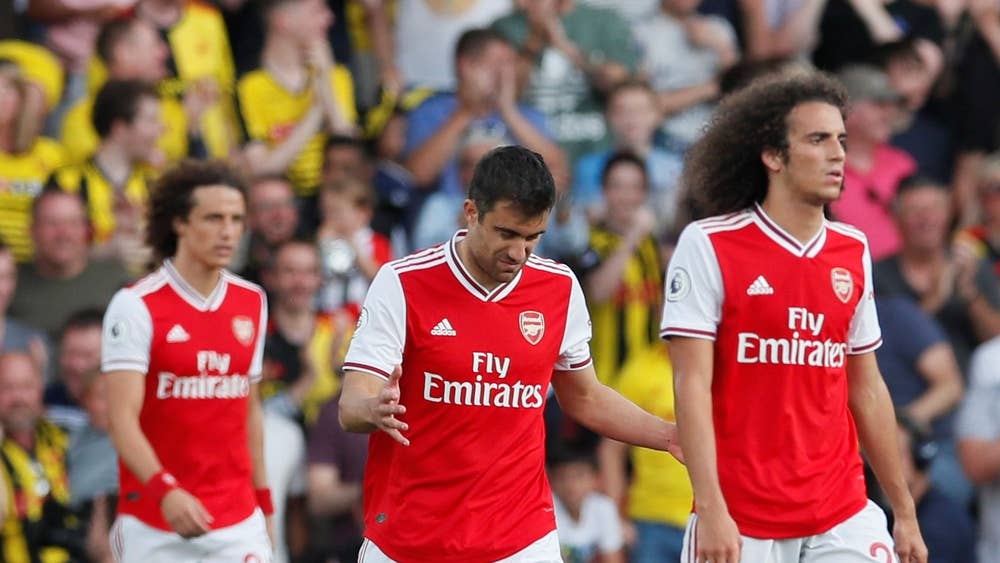BY WAHEED OLANIPEKUN
Coming into office as an elected President of Nigeria in May 29, 2015, President Muhammadu Buhari (PMB) left no one in doubt as to his mission to fight corruption to a standstill, this being one of the three cardinal programs of his government. Four years after, it is paradoxical the stance of the government on its acclaimed giant strides at bringing the menace to its knees and the record presented by global body like Transparency International on the country’s perceived corruption outlook. In its 2019 Corruption Perception Index (CPI) report covering the survey for the preceding year, Transparency International ranked Nigeria as the 144th least corrupt nation of 175 countries surveyed with a score of 27 out of 100. The report is a reflection of neither improvement nor retrogression to that of 2017 where marginal improvement was recorded. This, therefore, elicits curiosity on what the missing link is between the efforts of the government against the graft and what the perception is.
The extent of damage unleashed by corruption on every fabric of Nigerian societies is without doubt unquantifiable in magnitude and dimension. This is the sad reality about the nation. The way of life of many Nigerians epitomizes corruption in its various forms. The Leadership selection process is built on huge commercial commitment and as a result seen by the political class as necessary investment vehicle to accruing returns in multifold on assumption of office, hence the scramble for the so-called “juicy” portfolios by both elected and appointed office holders. Positions of authority, either elective or appointive, are seen as opportunity to privately amass wealth rather than offering genuine service to the populace and the nation at large. This is sadly and subconsciously as true for the citizens as it is for the office holders. From Governments’ Ministries, Departments and Agencies (MDAs) down to the corporate world, the story is hardly different. The biggest of the problem is the inherited culture by the so-called future leaders. Many youths have taken to criminality as the only means . Nothing else can be a portrayal of a dim hope for the future.
If there is anything that all well-meaning Nigerians desire from this government, it is the need to stamp out corruption from the polity. A fair appraisal of the government of President Muhammadu Buhari will acknowledge the modest efforts and energy that have so far been put at solving the problem. The blocking of leakages through the implementation of the Treasure Single Account (TSA) as well as discovery and removal of over 33,000 ghost workers from the Federal Government payroll through the deployment of technology. Also, several prosecutions of corruption cases and unprecedented quantum of asset and loot recoveries by the government are some of the indications of the government’s efforts. These can only be attributed to different government’s policies and programs like whistle-blower policy, partnerships with foreign countries as well as continuous support for the anticorruption bodies through further legal and political enhancement for the anticorruption agencies.
Expectedly, like any other causes of human endeavors, the fight against corruption is definitely not without its lapses and challenges. The inherent weakness in democracy as a system of government, that can also be its strength, which requires, in many cases, lobbying others as individuals or arms of government, in order to implement policies, programs and projects can be a daunting challenge to a clear-cut fight against graft. The misalignment in belief, interests and commitment to the anticorruption fight by the President as against that for some of those working with him at different levels could be counterproductive to the anti-graft campaign. The perceived selective and witch-hunting approach in some quarters, even where facts are in complete variance to the positions of this minority but vocal segment of the public, couldn’t have done lesser damage to the perception index.
Advertisement
Obviously, combating corruption requires conscious and deliberate institutionalization of effective strategies towards prevention, deterrence and also, and more importantly, wholesale reorientation of the mindsets of the populace. The government of President Muhammadu Buhari has focused its anticorruption campaign more on the punishment as well as loot recovery as a form of deterrent. Significant steps have also been taken using technology to block leakages and to easily track official transactions. These have, in no small ways, helped the fight against corruption.
The culture of corruption developed and got imbibed in the subconsciousness of the people over time. The reversal of this abhorrent and crooked way of life will not happen overnight. There has to be a holistic, deliberate and combined effort towards reorientation. People need to know why they should choose patriotism and common good above individualism or sectional interests. The people in positions of authority have to be reminded that their existence, positions and acquisitions are not without lifespans. Everybody needs to be brought to the realization of why cultures of desperation, self-centeredness and the-end-justifies-the-means have to give way for those of hard-work, integrity and contentment. All citizens have to realize that every wrong done directly or indirectly to others or the nation will not go without its adverse effects on the image and fortune of the nation as well as that of its citizens.
In other words, this is a job not just for an individual but a collective responsibility of all Nigerians. An enduring legacy that many Nigerians and lovers of Nigeria would expect PMB to leave behind is to lay the foundation for national rebirth espouse in revival, enthronement and sustenance of patriotic and moral culture. To do this, the government, as a matter of urgency, has to bring religious leaders (most especially the Imams and Pastors), the traditional leaders and notable Nigerians of repute onboard to use their respective positions and influences to preach patriotism, unity and morality to their subjects. There should be regular retreats for the senior government officers on the need to build nation above self, lead by example and choose integrity above unscrupulous wealth acquisition. All channels of communication – print, electronic and social media – need to be filled with messages and jingles that enough damage is done. It is time to rebuild and genuinely rebrand our country.
Advertisement
The fight against corruption should not be about the bad ones alone. It should conversely and simultaneously focus on the recognition of virtues and its contributors to the national development. There has to be a genuine and patriotic reward system that recognizes those that have performed their civic rights and responsibilities in accordance with the laws, order and interest of the nation. People from all works of life, from civil servant to artisans, academia to artists, politicians to technocrats and citizens of different backgrounds and professions, that have contributed to the national development at all levels should be recognized and rewarded. Those that have served their fatherland so meritoriously should have no reason to worry about their post-retirement age.
Unless all these are done, that is to disabuse the minds of all and sundry from the crooked and destructive ways, build their confidence in the possibility and realization of country of their dream as well as ensuring adequate and timely rewards for good and hardworking citizens, all other efforts towards fighting corruption may be short-lived and eventually end up as nothing but wasted efforts. The ultimate success for the fight is neither in the number of convictions nor amount of funds or assets recovered but in winning the minds of the people to the right path.
Olanipekun can be reached at [email protected]
Advertisement
Views expressed by contributors are strictly personal and not of TheCable.
Add a comment
